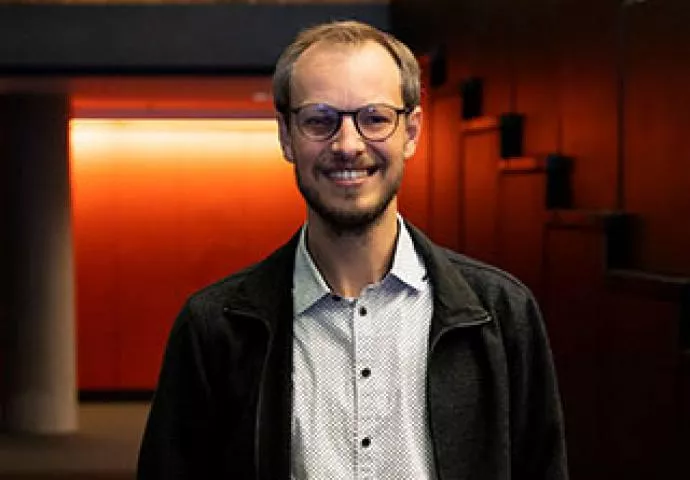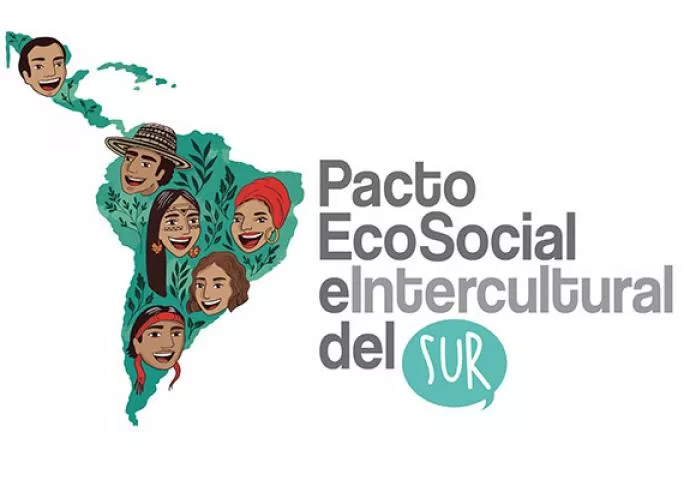
Global Sociology in Times of Polycrisis: An Interview with Geoffrey Pleyers, ISA President
Geoffrey Pleyers is FNRS Research Director at the Catholic University of Louvain, Belgium. He has been actively involved in the International Sociological Association (ISA) since 2006. He chaired ISA Research Committee on Social Classes and Social Movements (RC47) from 2014 to 2018 and acted as ISA Vice-President for Research from 2018 to 2023. On July 2023 he was elected ISA President for 2023-27. He is interviewed here by Breno...






